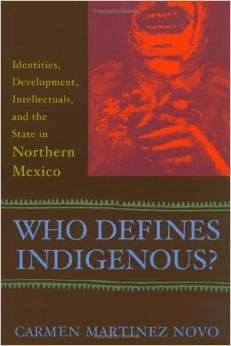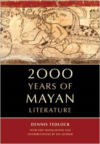Description
For years, conventional scholarship has argued that minority groups are better [illegible] when the majority groups that absorb them are willing to recognize and [illegible] the preservation of indigenous identities. But is the reinforcement of ethnic [illegible] among migrant groups always a process of self-liberation? In this surprising [illegible] Carmen Martinez Novo draws on her ethnographic research of the Mixtec [illegible] migration from the southwest of Mexico to Baja California to show that [illegible] the push for indigenous labels is more a process of external oppression than [illegible] minority empowerment. In Baja California, many Mixtec Indians have not made efforts to[UNK] themselves as a coherent demographic. Instead, Martinez Novo finds that the push for indigenous [illegible] in this region has come from local government agencies, economic elites, intellectuals, and other [illegible] agents. Their concern has not only been over the loss of rich culture. Rather, the pressure to [illegible] indigenous identity has stemmed from the desire to secure a reproducible abundance of cheap [illegible] labor. Indian means [illegible] commercial agriculture low-wage worker or an urban informal street vendor – an identity that interferes their goals of social mobility and economic integration. Bringing a critical new perspective to the complex intersection among government and scholarly [illegible] economic development, global identity politics, and the aspirations of local migrants, this provocative [illegible] is essential reading for scholars working in the fields of sociology, anthropology, and ethnic studies.






Reviews
There are no reviews yet.